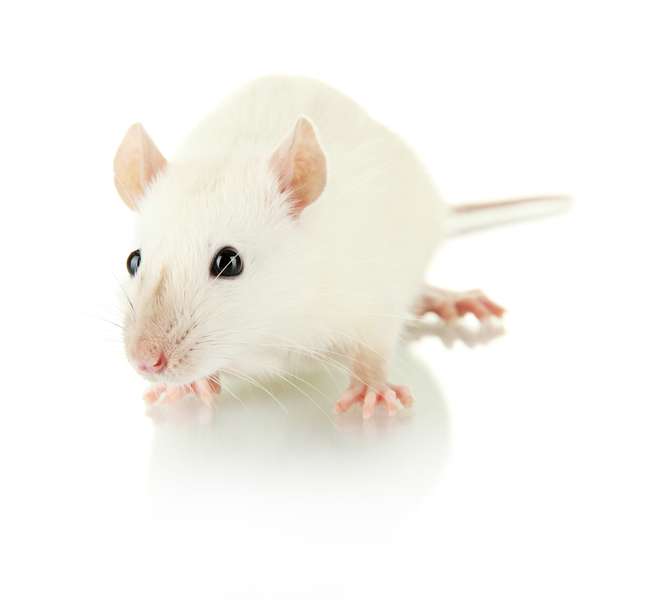MIT Scientists Make Mice Total Recall Happy Memories to Beat Depression
 Happy memories can be re-activated in the brains of depressed mice, effectively bringing back the good times, according to MIT research released this week.
Happy memories can be re-activated in the brains of depressed mice, effectively bringing back the good times, according to MIT research released this week.
The old memories worked even better than new pleasurable experiences in beating the blues, according to the study, published in Nature.
“We’re harnessing the brain’s power from within itself and forcing the activation of that positive memory,” said Steve Ramirez, MIT graduate student and lead author of the paper. “Whereas if you give a natural positive memory to the person or the animal, the depression that they have prevents them from finding that experience rewarding.”
The mice were first exposed to pleasurable experience. Since all the mice were male, those good times were spending time with females. The scientists labeled the parts of the mouse brain in the hippocampus with a light-sensitive protein.
The mice were then exposed to chronic stress. Those same mice eventually showed the symptoms similar to human depression, which included giving up easily in the face of difficulties, and not taking pleasure in normally-enjoyable activities, they found.
But in the midst of this depression, the scientists reactivated the happy memories from earlier, by stimulating the neurons that were labeled for those good times.
The mice began to act just like mice who had never been depressed at all.
However, the depression only vanished as long as those pleasant memories stayed stimulated, the research found.
“People who suffer from depression have those positive experiences in the brain, but the brain pieces necessary to recall them are broken. What we’re doing in mice is bypassing that circuitry and forcing it to be jump-started,” said Ramirez.
The MIT team that wrote this paper first demonstrated that they could label and reactive brain cells to trigger specific memories, which they call engrams, in a 2012 study. They have also been able to implant false memories, and even switch the emotional associations of particular memories, both good and bad, they said.
Other studies have explored tweaking memories in mice. Most recently, whole new memories were implanted in mice while they slept, in a study published in March in Nature Neuroscience.
The implications as that antidepressant therapies could be targeted better than the whole-brain, medication-first choices currently available, according to the MIT team.
“There is the possibility of inventing new medical technology where the improvement will be targeted to the specific part of the circuit, rather than administering a drug and letting that drug function everywhere in the brain,” said Susumu Tonegawa, MIT’s Picower Professor of Biology and Neuroscience, and senior author of the paper.





